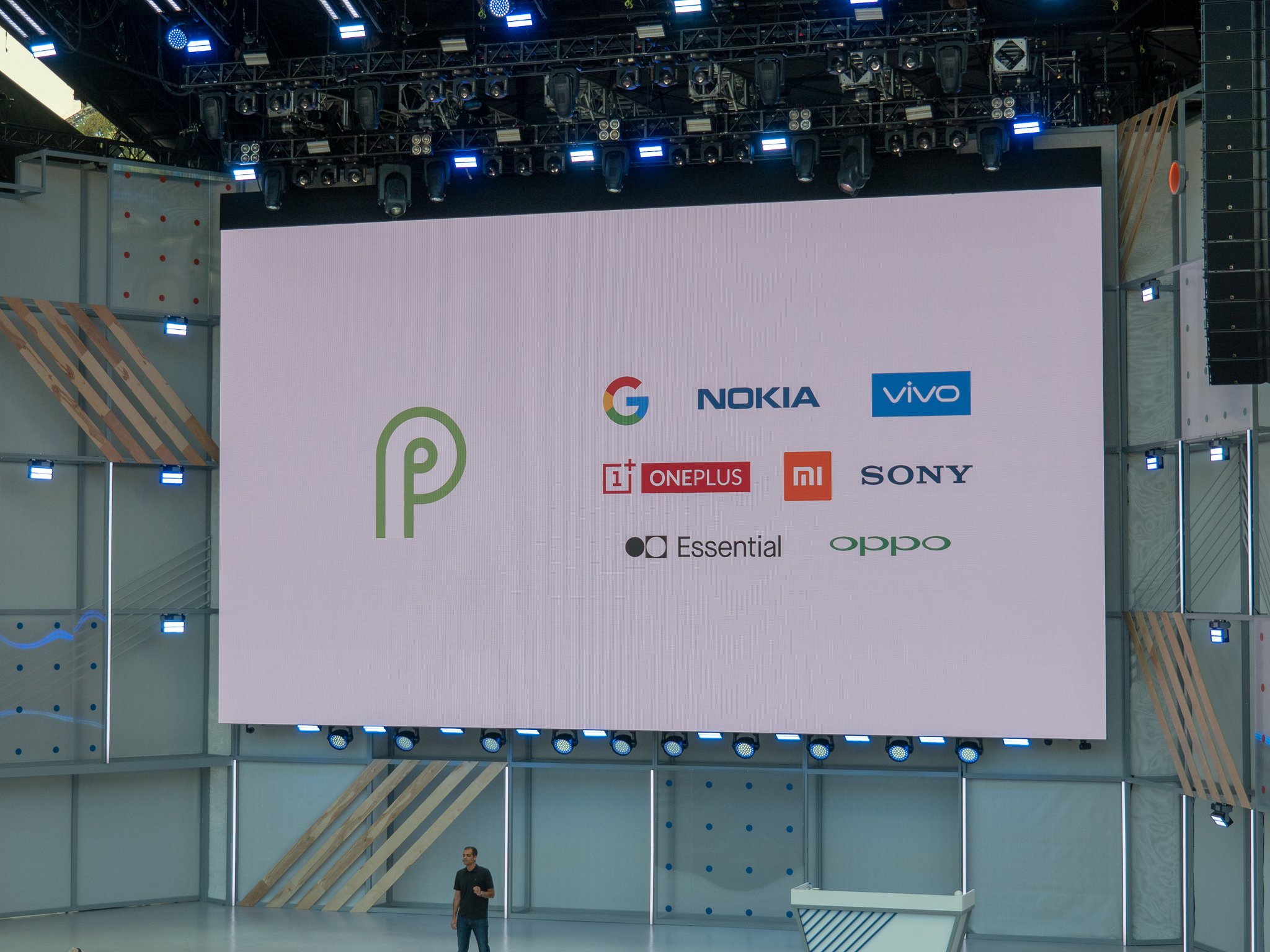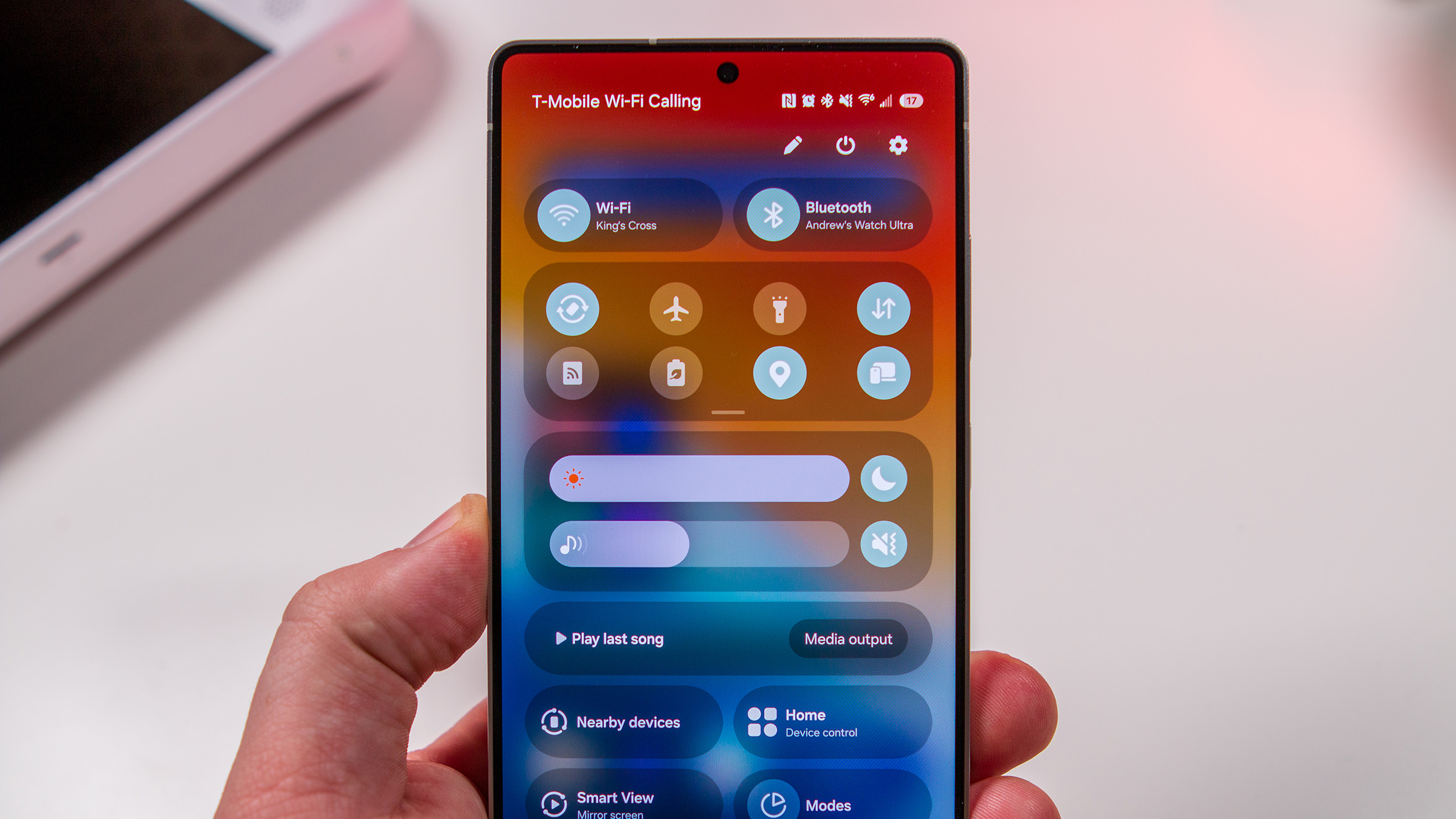Project Treble is turning out to be more important than we thought

While we're all busy arguing about Android P's gestures and swooning over the new features, something far more exciting didn't get the attention I think it deserves: seeing the first fruits of Google's labor with Project Treble. In a completely unexpected move, Google released the first beta version of Android P for not only its own Pixel phones, but also phones from seven different companies. It's neat for owners of the individual phones from each of the manufacturers to get an early look at Android P, but that's not why this announcement is so exciting.
The real importance is that seven phone makers get extra-early access to Android P and can start working with the new platform. Yes, Google has partnered with Nexus manufacturers in the past, and Developer Preview versions of Android have been available for some Sony phones. But this is a whole new level of manufacturer access, and it's all because these phones support the new Project Treble system for more seamless application of software updates. By making phones with Android Oreo out of the box and Project Treble enabled, these companies can more easily make Android P run on their phones because the user-facing software is separate from the firmware underpinnings developed for Oreo.
Google provided the groundwork and tools necessary to update software quickly.
Sony, Nokia, OnePlus, Oppo, Xiaomi, Essential and Vivo are all part of the beta program. These are huge companies that sell tens of millions of phones a year. And now each and every one of them has already started its work on making Android P work on its phones — about six months before Android P is released with the upcoming Pixel 3. And let's be clear, this doesn't just help them release P updates for the one phone that's part of the beta program — it sets the development in motion for getting Android P to their entire lineups faster.
There are many moving pieces at play here that could eventually get in the way of Android P updates from these companies, but Google's laid the groundwork and given the tools necessary for each of them to release new software on a far quicker time frame. Both providing extremely early access to the software and an operating system that facilitates a simpler update process is a recipe for faster software updates for end users. It isn't as exciting right now as using Android P's new gesture interface, but it's undeniably more important for the Android market as a whole moving forward.
Now, a few more thoughts on the hectic week that was:
- As you may have read, I'm still not sold on Google's new "digital wellbeing" initiative — even though I agree we should all consider using our phone less. I just think Google isn't coming at it from the most sincere perspective.
- Digital wellbeing aside, it's been fun to play with Android P — particularly since I didn't really bother with the initial Developer Preview on my Pixel 2 XL.
- The gestures clearly aren't finished, and I'm almost entirely withholding judgement because of it. Same goes for many of the visual/color changes. I'm loving the transitions and feature additions, though.
- We all got distracted by Google I/O for a hot minute, but there's also a whole lot of hardware coming soon. The LG G7 is about to hit stores, the OnePlus 6 will be unveiled in just a few days, the HTC U12 is close. It's a great time to be in the market for an Android phone.
- Also, BlackBerry "KEY2" it is. It's so intriguing that the new TCL-made BlackBerrys have kept alive the thought that someone needs to offer an Android with a physical keyboard.
-Andrew
Be an expert in 5 minutes
Get the latest news from Android Central, your trusted companion in the world of Android
Andrew was an Executive Editor, U.S. at Android Central between 2012 and 2020.

